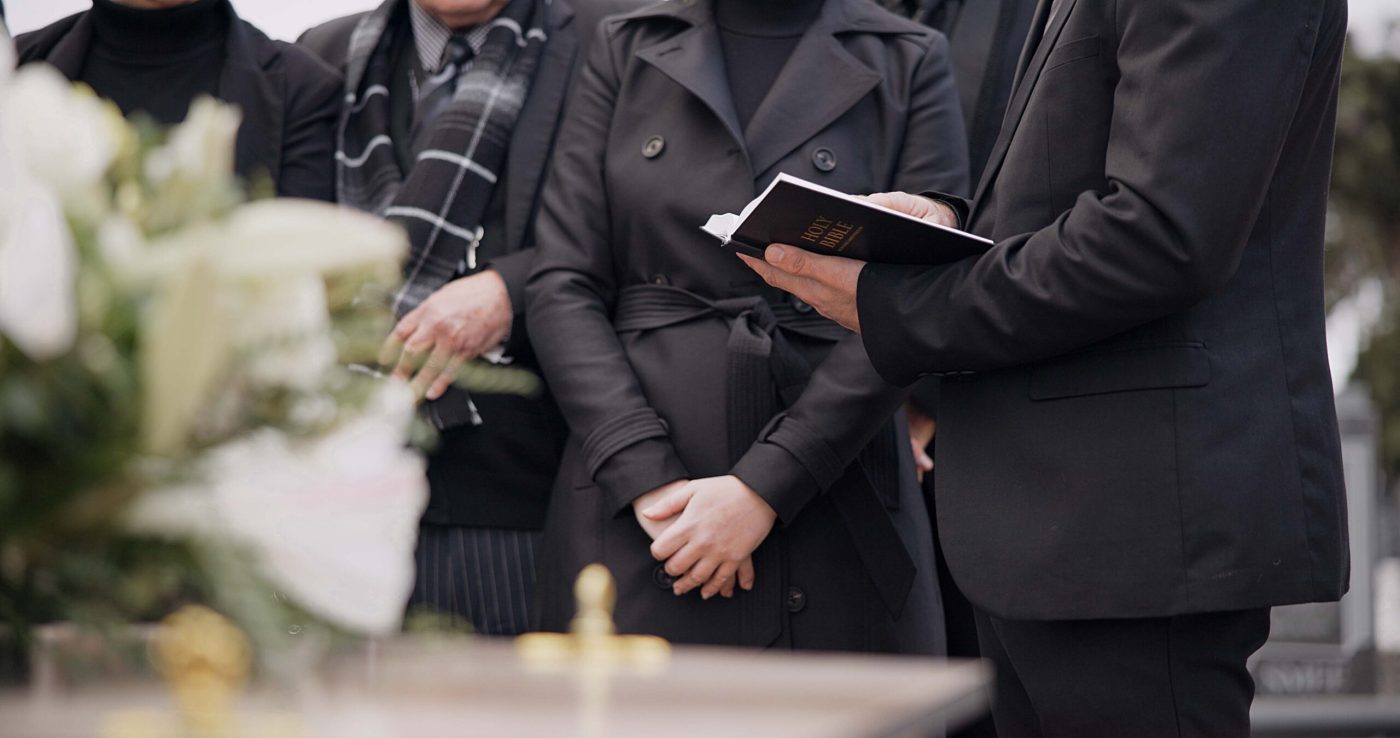How to Make Sure Your Cultural Beliefs Are Honored During Estate Planning
Estate planning involves more than distributing assets. It protects your personal and cultural values. When you include your beliefs, your plan mirrors who you are and what matters most. This approach ensures your legacy remains consistent with your spiritual and family identity.
Why Beliefs and Values Belong in Your Estate Plan
Your cultural and religious beliefs shape how you view family, money, and responsibility. Therefore, they should influence your estate decisions. Integrating those beliefs helps align your plan with your moral priorities, traditions, and long-term wishes.
- Ensure respect for final wishes: Writing your values into your plan ensures your end-of-life decisions follow your beliefs.
- Preserve family heritage: Including cultural details passes traditions and values to future generations.
- Reduce family conflict: Explaining your reasoning early helps loved ones carry out your plan with clarity and unity.
Common Cultural and Religious Practices in Estate Planning
Every culture brings unique customs to estate planning. Many families emphasize giving, remembrance, and continuity. The following examples show how diverse beliefs can guide your plan:
- Charitable giving: Most faiths encourage generosity. You can include gifts or tithes in your Will or Trust. Learn more at IRS: Charitable Contributions.
- Funeral and burial customs: Some religions require specific rituals or timelines. Planning early ensures your arrangements follow those customs. Review guidance from the National Institute on Aging.
- Inheritance rules: Traditions such as Islamic and Jewish law outline detailed inheritance frameworks. Discuss these with your attorney to keep both faith and compliance intact.
- Guardianship choices: Naming a guardian who understands your faith helps preserve your child’s upbringing and moral education.
Balancing Faith, Family, and Legal Requirements
Combining faith-based customs with legal obligations can create challenges. However, proactive planning keeps both in harmony. The following steps can help you maintain balance:
- Understand the law: State and federal rules may differ from your traditions. Working with a professional helps you find lawful ways to uphold your beliefs. See American Bar Association: Estate Planning.
- Start discussions early: Talking with your family builds understanding and prevents conflict later.
- Review often: As beliefs evolve, reviewing your plan every few years keeps it relevant and accurate.
How to Build a Culturally Sensitive Estate Plan
Clear communication and accurate documentation make your plan effective. These steps help ensure it reflects your beliefs while meeting legal standards:
- Document your preferences: Write down cultural or religious instructions in your Will, Trust, or healthcare directives so they have legal effect.
- Consult faith leaders: Their advice ensures your plan honors your spiritual or cultural expectations.
- Work with experienced professionals: Choose an estate planner who values cultural diversity and communicates clearly.
- Stay adaptable: Minor adjustments can preserve intent while keeping your plan compliant with the law.
Legal Tools That Reflect Your Beliefs
Several estate planning documents can protect your faith-based preferences while maintaining compliance with state and federal law. For instance:
- Wills: Specify burial preferences and asset distribution according to your faith.
- Trusts: Use a Trust to manage donations or support causes that align with your beliefs. Learn more at Investopedia: What Is a Trust?.
- Advance directives: Record medical and end-of-life instructions that match your spiritual priorities. See National Institute on Aging: Advance Care Planning.
- Beneficiary designations: Review accounts and policies regularly to confirm they follow your moral and cultural objectives.
Partner With Professionals Who Respect Your Beliefs
Your estate plan should reflect your values as much as your assets. Partnering with professionals who appreciate cultural and religious diversity ensures your plan captures both. They can coordinate with faith leaders, navigate complex laws, and build a plan that represents you completely.
Contact Metropolitan Law Group
Contact Metropolitan Law Group today to schedule a complimentary 15-minute Discovery Call with an experienced staff member. Our firm serves clients in Minnesota and Arizona, helping families design estate plans that protect assets, respect traditions, and preserve meaningful legacies.




